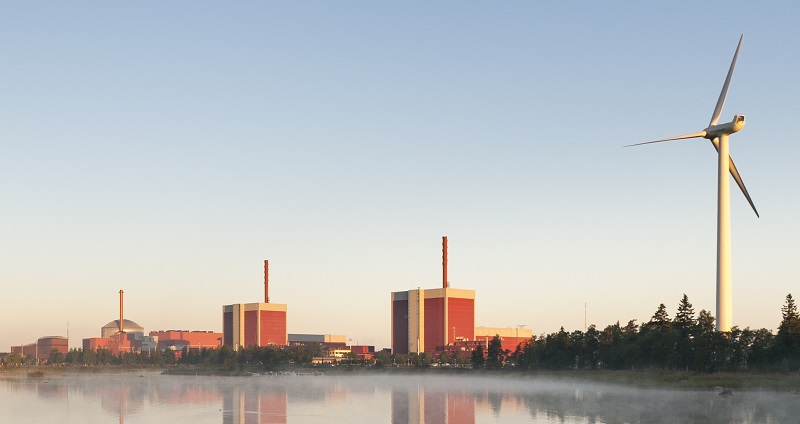Distinguished speakers from an international arena gave their view on the flexibility potential of nuclear power and its stabilizing characteristics for the benefit of the transmission system. For some countries flexible nuclear operations will play an important role in decarbonization scenarios where nuclear power may act as dispatchable backup in combination with weather-dependent power sources. In France a large part of the nuclear power fleet is operating in flexible mode already today. The outlook for the Nordic nuclear power fleet was discussed.
The seminar was moderated by Lina Håkansdotter Palm, Uniper.
Documentation
Presentation January 23
Long term strategy for a climate-neutral Europe by 2050’ - the opportunities and challenges of nuclear energy
Gerassimos Thomas, Deputy Director-General of the Directorate-general for Energy (DG ENER), European Commission
Presentations January 24
Welcome
Anders Wik, Vattenfall and Monika Adsten, Energiforsk
Opportunities, challenges and experiences
Increasing Incitation for Non-Baseload Operation of Nuclear Power Plants: IAEA’s Observations
Ness Kilic, IAEA
Nuclear Pathways to 2050 - ensuring policy follow-up
Yves Desbazeille, Foratom
Flexibility in Operation: increase safety and profitability – Framatome’s worldwide solutions
Thibaut Gain, Framatome
Nuclear Power Plant flexibility at EDF: 30 years of experience
Patrick Morilhat, EdF
The role of nuclear power – Global view
Why we need a low-carbon dispatchable energy technology
Dr Jesse Jenkins, Harvard University (video)
What are the key challenges for nuclear and how to address them
Prof. Jacopo Buongiorno, Massachusetts Institute of Technology
Outlook for the Nordics
Risks and challenges – results from study
Seppo Hänninen, VTT
The role of nuclear power in the Swedish power system
Maja Lundbäck, Svenska Kraftnät
Flexible nuclear power and ancillary services
Johan Svenningsson, Uniper
Flexibility – yesterday, today and tomorrow
Mats Ladeborn, Vattenfall
